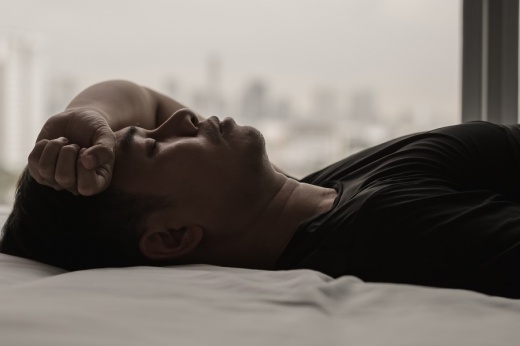The San Antonio Metropolitan Health District announced Aug. 2 it has received 1,000 doses of the monkeypox vaccine Jynneos from the Texas Department of State Health Services, enough to fully vaccinate 500 people.
The Centers for Disease Control and Prevention said it is tracking a monkeypox outbreak that has spread across several countries that do not normally report monkeypox, including the United States.
On Aug. 1, the CDC reported 5,811 total monkeypox cases nationwide with Bexar County confirming 13 local cases and Texas recording 383 cases statewide.
According to CDC, the monkeypox virus is spread mostly through close, intimate contact with someone who has monkeypox, including direct skin-to-skin contact; touching of objects, fabrics and surfaces used by an infected person; or contact with respiratory secretions.
However, Metro Health officials said the risk of getting monkeypox in the general public appears to be low in the broader community for the moment.
According to a news release, the city of San Antonio is making available 720 vaccine doses to cover 360 at-risk people and distributing the vaccine to existing patients at the following clinics:
- Alamo Area Resource Center
- BEAT AIDS
- CentroMed Santa Rosa Pavilion Clinic
- Kind Clinic San Antonio
- San Antonio AIDS Foundation
- University Health’s Family-Focused AIDS Clinical Treatment Services
Vaccines will be provided to these patients by appointment only at these six clinics, and distribution will be widened as more of the Jynneos vaccine becomes available, the release said.
Dr. Anita K. Kurian, the assistant director of Metro Health, said the remaining 280 doses will be used to vaccinate up to 140 close contacts identified during Metro Health case investigations.
“We are working to acquire additional doses to expand the availability of monkeypox vaccine. In the meantime, we encourage those that believe they were exposed to monkeypox to please call 210-207-8876,” Kurian said.
Metro Health said an antiviral for monkeypox, Tecovirimat, or TPOXX, is now available through Metro Health to support local providers.
The treatment is for people with diagnosed monkeypox who have severe disease or are at high risk for severe disease, such as people who are immunocompromised or have certain skin conditions, are pregnant or breastfeeding, children under age 8, and people with certain skin conditions, the release said.
According to public health authorities, monkeypox symptoms include a rash or sores that look like pimples or blisters, fever, headache, weakness, chills, and swollen lymph nodes.
Individuals who believe they have monkeypox should call their health care provider. Uninsured individuals can call 311 to find a low-cost clinic near them, the release said.





